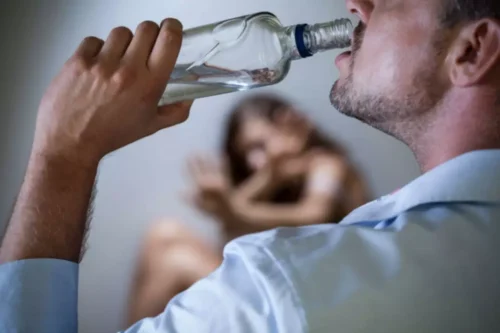
Either directly or indirectly, we all feel the effects of the aggressive behavior, property damage, injuries, violence, and deaths that can result from underage drinking. This is not simply a problem for some families—it is a nationwide concern. If you’re a child or teen and are worried about your own or a friend’s drinking, it’s important to reach out to an adult you trust. If you don’t feel you can talk to a parent, reach out to a family friend, older sibling, or school counselor, for example, or call one of the helplines listed below. It can be extremely distressing as a parent to witness the after-effects of your teen’s binge drinking. If your teen is in an unconscious or semiconscious state, their breathing is very slow, their skin clammy, and there’s a powerful odor of alcohol, there’s a strong chance they may have alcohol poisoning.
Popular Health Centers

Letting teenagers try alcohol doesn’t reduce their risk of alcohol-related harm. Underage drinking is a serious public health problem in the United States. Alcohol is Halfway house the most widely used substance among America’s youth and can cause them enormous health and safety risks. However, the percentages of students who did and did not engage in each health-related behavior (by grades earned) sum to 100%.
Why Do So Many Youth Drink?

” and given seven response options (mostly A’s, mostly B’s, mostly C’s, mostly D’s, mostly F’s, none of these grades, not sure). Get professional help from an online addiction and mental health counselor from BetterHelp. No matter how tall or mature your teen seems, they need boundaries, discipline, and structure as much as ever. While your rules won’t be the same or as =https://ecosoberhouse.com/ rigid as when they were younger, having loose boundaries can be confusing and overwhelming for a teen. While you can expect a teen to test any boundaries, be clear on what is and isn’t acceptable behavior and what the consequences are for breaking your rules.
More in Health
Similarly, a 2018 study highlights higher levels of alcohol consumption among Indigenous school students, alongside a greater sense of the need to stop in comparison to other groups. During adolescence, the parts teenage alcoholism of the brain that relate to stress and reward are very active. Additionally, the part of the brain responsible for decision making, the prefrontal cortex, has not yet finished developing. This combination can mean teens are more likely to act impulsively.
Parent’s Guide to Teen Depression

Making sure alcohol is not easily accessible can also help to avoid alcohol problems in teens. Most importantly, playing an active role in child’s life by knowing their friends, participating in healthy and fun family activities, and having conversations about life in general can limit the risk for teenage alcoholism. However, research suggests that teen alcohol abuse can be an important problem. In general, the younger a person is when they start drinking, themore at riskthey are of alcoholism.Studies showthat teens who start drinking before the age of 15 are at a higher risk of alcohol abuse than people who start drinking at older ages. In adults, drinking alcohol impairs decision-making and impulse control, and can lead to a range of negative consequences. For adolescents, drinking alcohol can make it even more difficult to control impulses and make healthy choices.
